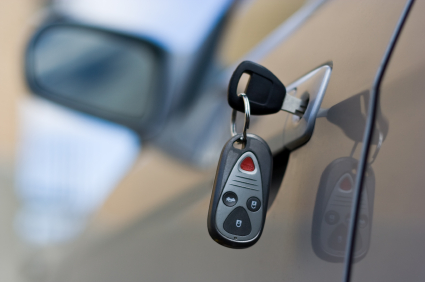
NOTE: The following information was adjusted to explain the impact of the Cannabis Regulation and Tax Act. Starting January 1, 2020, this Act made it legal to possess and use cannabis under specific conditions. This Act also led to the creation of legal limits for driving after cannabis consumption, mirroring existing standards for alcohol consumption.
Driving under the influence (DUI) in Illinois is a Class A misdemeanor for a first offense. Class A misdemeanor charges can be punished by up to one year in jail and a maximum fine of $2,500.
In order to commit DUI, a person must operate a vehicle while impaired by alcohol, cannabis, illegal drugs, ort other substances. Any driver who registers a blood-alcohol concentration (BAC) of 0.08 or more is guilty of DUI. After cannabis become recreationally legal in 2020, there are similar standards for driving after consuming cannabis.
A first-offense DUI has a possible sentence of court supervision. This is the preferred sentence for all first-time offenders. A conviction for DUI will result in a revoked driver’s license. The Secretary of State will impose a revocation of driving privileges for any person who is convicted of DUI. That revocation usually lasts for one year.
Conversely, supervision will result in dismissal of the charges without a conviction – provided the defendant satisfies all court-ordered conditions. As supervision does not involve a conviction, the Secretary of State will not revoke the driver’s license of the defendant. If the defendant on supervision cannot satisfy the terms of the sentence, however, they can be re-sentenced to a conviction and possibly jail. The resulting conviction will cause a revoked license.
Often defendants will seek a reduction of their charges to reckless driving. This is because a conviction for reckless driving – under 625 ILCS 5/11-503(a)(1) or 11-503(a)(2) – does not cause driver’s license revocation. For first-time offenders, a reduction to reckless driving is a good deal. And for repeat offenders, it is critical, because supervision is not available for a second DUI offense.
State lawmakers tried to address the problem of reductions to reckless driving in DUI prosecutions by amending the supervision sentencing statute, 730 ILCS 5/5-6-1. Subsection d(3) now provides that a defendant who has previously admitted guilt in a plea agreement (e.g., plea bargain or negotiated plea) to reckless driving cannot receive court supervision for DUI.
The updated supervision sentencing statute causes a problem. Even if the reckless driving charge was not a result of reducing DUI charges, the defendant still cannot receive supervision for a DUI. Thus, any person previously charged with reckless driving and then arrested for DUI cannot receive court supervision – even though it was a first-time DUI. The Supreme Court of Illinois said that if the reckless driving charge was the result of a negotiated plea, then subsequent DUI charges are not eligible for supervision. See People v. Kinzer, 232 Ill. 2d 179 (2009).
The State’s Attorneys enforce this rule by checking the defendant’s driver’s abstract for prior reckless driving charges. If a reckless driving appears on the record, the State will inquire with the court about the offense.
